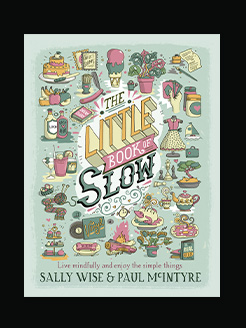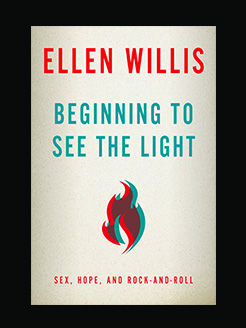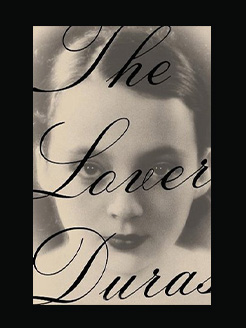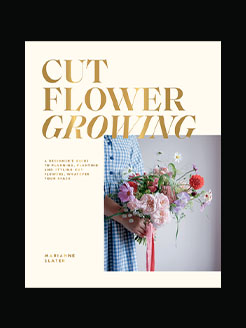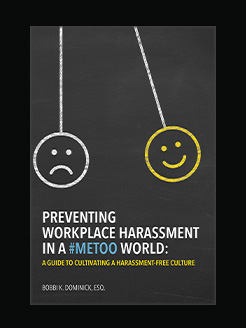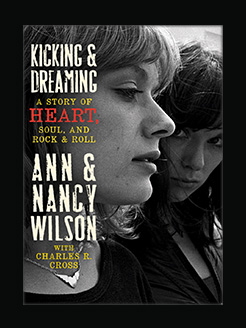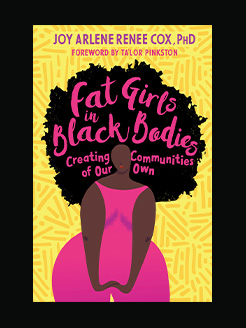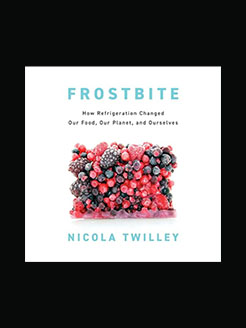Published in 2011
204 pages
Susan Best is professor of art history and theory at Queensland College of Art, Griffith University, Brisbane, Australia.
What is this book about?
Is late modern art “anti-aesthetic?” What does it mean to label a piece of art “affectless?” These traditional characterizations of 1960s and 1970s art are radically challenged in this subversive art history. By introducing feeling to the analysis of this period, Susan Best acknowledges the radical and exploratory nature of art in late modernism.
The book focuses on four highly influential female artists–Eva Hesse, Lygia Clark, Ana Mendieta, and Theresa Hak Kyung Cha–and it explores how their art transformed established avant-garde protocols by introducing an affective dimension. This aspect of their work, while often noted, has never before been analyzed in detail. Visualizing Feeling also addresses a methodological blind spot in art history: the interpretation of feeling, emotion and affect. It demonstrates that the affective dimension, alongside other materials and methods of art, is part of the artistic means of production and innovation. This is the first thorough re-appraisal of aesthetic engagement with affect in post-1960s art.
